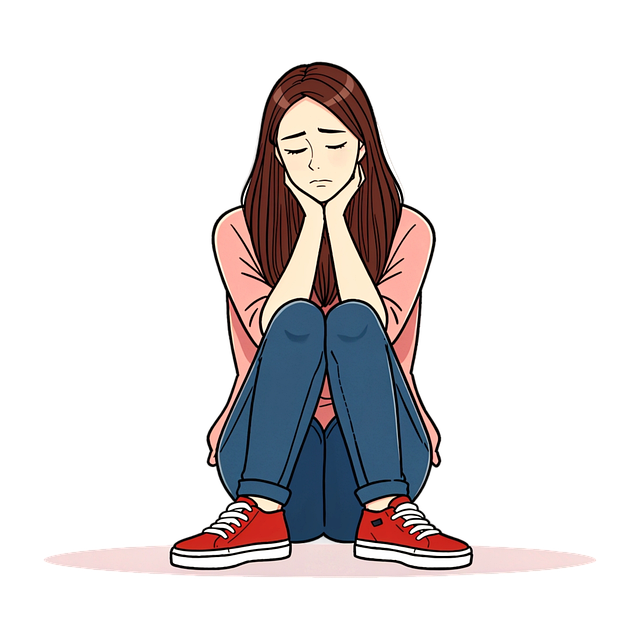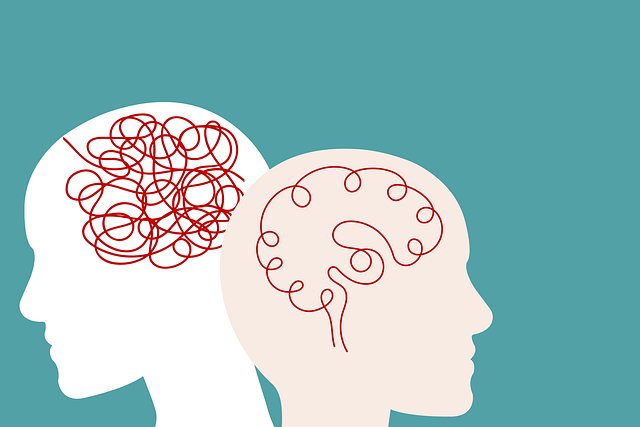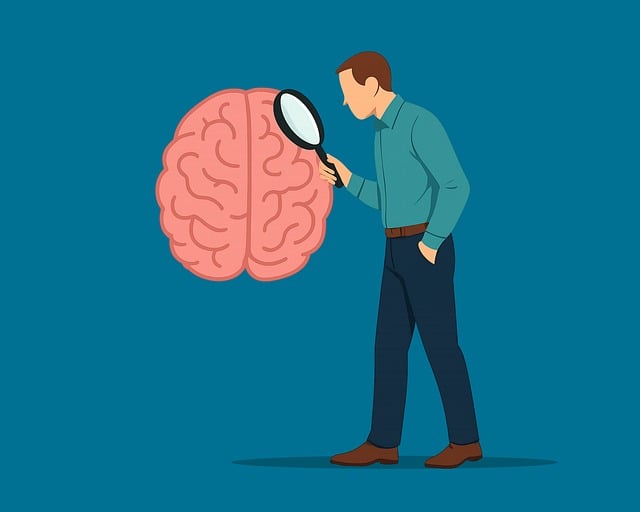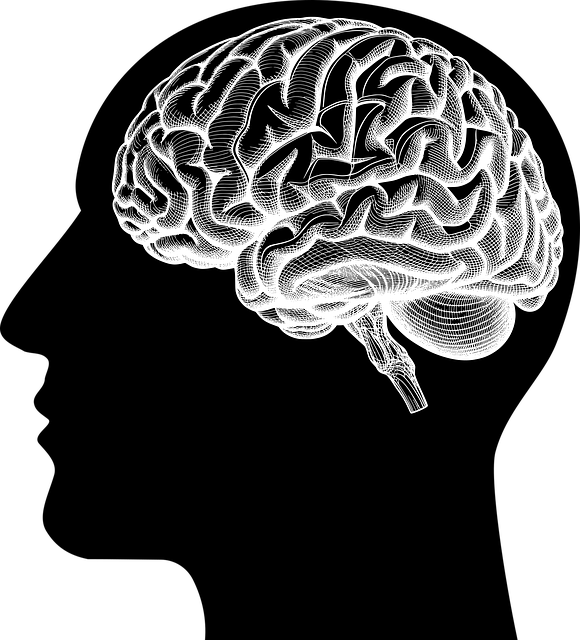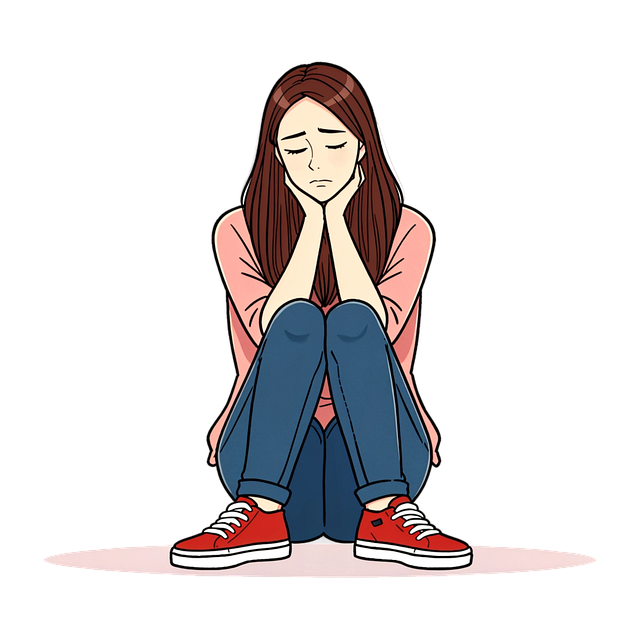Early intervention through evidence-based therapy like Dialectical Behavioral Therapy (DBT) is crucial for children's mental well-being, impacting long-term outcomes. DBT teaches skills in emotional regulation, mindfulness, distress tolerance, and interpersonal effectiveness, helping kids manage crises and improve relationships. Cultural sensitivity, conflict resolution techniques, and crisis intervention further support diverse populations. By combining cognitive-behavioral and mindfulness practices, DBT enhances mental health, reduces relapses, and promotes resilience, making it an effective approach for treating children's emotional challenges like depression or anxiety. Parents can create a supportive environment and empower their kids to manage mental health issues through structured plans including therapy, open communication, and self-reflection exercises.
Mental illness diagnoses in children have become increasingly common, making it vital for parents to understand recognizing signs and navigating effective treatments. This article provides a comprehensive guide through the complexities of childhood mental health. We explore key aspects such as understanding mental illness in children, the benefits of dialectical behavioral therapy (DBT) for kids, step-by-step diagnosis navigation, identifying top treatment professionals, and at-home strategies to enhance mental wellbeing. Discover how these tools can empower parents to advocate for their child’s mental health journey.
- Understanding Mental Illness in Children: Recognizing the Signs
- The Role of Dialectical Behavioral Therapy (DBT) for Kids
- Navigating Diagnosis: A Step-by-Step Guide for Parents
- Finding the Right Treatment Team: Professionals and Support Services
- At-Home Strategies to Enhance Child Mental Health and Wellbeing
Understanding Mental Illness in Children: Recognizing the Signs

Understanding mental illness in children is a crucial step in ensuring they receive the necessary diagnosis and treatment. The first signs can vary greatly but often include persistent changes in behavior, emotional shifts, or social withdrawal. Parents and caregivers may notice an increase in anxiety, irritability, or even severe mood swings. Children might struggle with concentration, exhibit self-harming behaviors, or show a significant loss of interest in activities they once enjoyed. Recognizing these signs early is vital as it allows for timely intervention and can significantly impact long-term outcomes.
Dialectical Behavioral Therapy (DBT) has emerged as an effective approach to treating mental illness in children, particularly those dealing with emotion regulation difficulties. DBT focuses on teaching skills in distress tolerance, mindfulness, emotional regulation, and interpersonal effectiveness. By integrating these techniques into daily life, children can learn to navigate crises, understand their emotions, and improve relationships. Additionally, cultural sensitivity in mental healthcare practice plays a significant role in building trust and ensuring appropriate care for diverse populations. Conflict resolution techniques and crisis intervention guidance further enhance the support system, fostering a safe environment where children feel understood and empowered to seek help.
The Role of Dialectical Behavioral Therapy (DBT) for Kids

Dialectical Behavioral Therapy (DBT) has emerged as a powerful tool in mental health treatment, particularly for children dealing with complex emotional challenges. This therapeutic approach is designed to help individuals regulate emotions, build coping skills, and enhance their ability to navigate difficult situations. DBT for kids focuses on teaching them how to manage intense feelings, reduce impulsive behaviors, and improve relationships with others. By combining cognitive-behavioral techniques with mindfulness practices, DBT empowers young patients to gain a deeper understanding of their emotions and develop healthier ways of responding.
For children suffering from conditions such as depression or anxiety, which are often associated with mental health policy analysis and advocacy efforts, DBT offers a structured framework for recovery. Through individual therapy sessions and group skills training, kids learn valuable tools to prevent relapses and manage symptoms effectively. This evidence-based therapy has shown promising results in treating childhood trauma and promoting resilience, ultimately contributing to improved overall mental well-being and reduced need for intensive interventions.
Navigating Diagnosis: A Step-by-Step Guide for Parents

Navigating a child’s mental illness diagnosis can be an overwhelming process for parents. The first step is to understand that seeking help is a sign of strength and responsibility. Begin by gathering information about various therapeutic approaches, with a focus on evidence-based methods like Dialectical Behavioral Therapy (DBT). DBT has proven effective in teaching children skills for emotional regulation, distress tolerance, mindfulness, and effective communication—essential tools for managing mental health challenges.
Create a structured plan involving regular appointments with healthcare professionals, including therapists and psychiatrists. Encourage open dialogue within the family to discuss emotions and behaviors. Implement conflict resolution techniques learned through therapy, fostering healthier interactions at home. Additionally, enroll in stress management workshops designed for both parents and children, promoting mental wellness together.
Finding the Right Treatment Team: Professionals and Support Services

Navigating mental illness can be a daunting task, especially when seeking the right treatment and support. One crucial component of successful recovery is assembling a dedicated treatment team. This often includes various professionals such as psychiatrists, psychologists, social workers, and therapists who specialize in different areas of mental health care. For instance, Dialectical Behavioral Therapy (DBT) has proven effective for individuals dealing with complex emotional issues and borderline personality disorders. It equips patients with valuable coping skills to manage stress and regulate emotions effectively.
When assembling your support network, consider the importance of therapy tailored to specific needs, such as therapy for children and adolescents. Additionally, Mental Wellness Journaling Exercise Guidance can be a powerful tool for self-reflection and tracking progress. Healthcare providers should also prioritize their own mental health through Burnout Prevention Strategies, ensuring they are equipped to offer guidance and support to their patients effectively.
At-Home Strategies to Enhance Child Mental Health and Wellbeing

Maintaining mental health and wellbeing is crucial for children, especially with increasing academic and social pressures. At-home strategies can significantly enhance a child’s resilience and overall mental wellness. Parents and caregivers play a pivotal role in fostering an environment that promotes healthy coping mechanisms. Simple practices such as establishing consistent routines, encouraging open communication, and engaging in regular physical activity can contribute to burnout prevention and better stress management.
One effective therapy for children that has gained recognition is Dialectical Behavioral Therapy (DBT). DBT focuses on teaching skills in emotional regulation, distress tolerance, mindfulness, and interpersonal effectiveness. These techniques empower young individuals to navigate challenging situations with enhanced coping abilities. By integrating DBT into daily life, families can build resilience and improve mental health outcomes, ensuring a more balanced and joyful childhood.
Mental illness diagnosis and treatment navigation can be a complex process, but with the right guidance, parents can support their children effectively. By recognizing early signs of mental health issues in kids and understanding evidence-based treatments like Dialectical Behavioral Therapy (DBT), parents are empowered to navigate this journey confidently. Following a step-by-step guide for diagnosis and identifying qualified professionals, parents can implement at-home strategies to enhance their child’s mental wellbeing. Remember, with proper support, every child deserves access to the resources they need for a healthy, fulfilling life.


